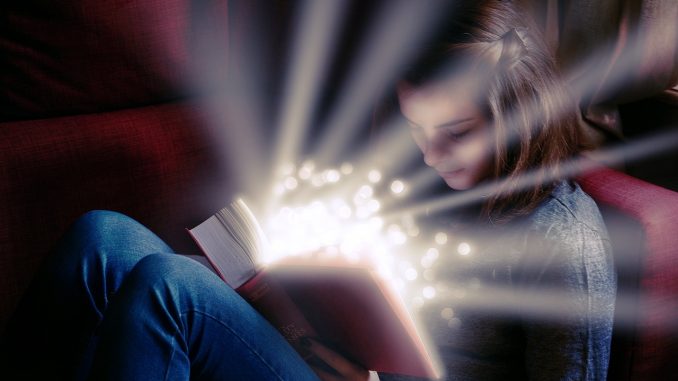
A reflection on the plans for DAHL this year, from Dr Robert O’Toole.
My approach this year will be to explore a range of exciting and challenging topics covering the four aspects of the DAHL framework• Discover, analyse, and interpret patterns in large real-world datasets (present or historical).
• Discover, communicate, analyse, and interpret human stories in close-up.
• Undertake, analyse, and interpret creative practice and experimentation, exploring being humans in a world satu... More, resulting in live events, podcasts, videos, articles, and reading lists – including recommendations for online courses, software, hardware and techniques. We now all have access to thousands of high quality LinkedIn Learning online courses through our University subscription, but finding appropriate courses can be difficult (because there are thousands in the system). So we hope to inspire, activate, connect, and guide people.
Here’s a list of topics we will explore. More will emerge as we go along, if you have an idea, please tell me.
- A critical and creative response to Artificial Intelligence from the perspectives of the Arts and Humanities.
- How are games relevant to Arts and Humanities subjects? Board games & video games. See this series of books.
- How has technology changed the experience of travel and travel writing?
- How is physical computing (e.g. Raspberry Pi) being used to create engaging interactive museum exhibitions? (a hands on session using our Pi kits)
- Should Arts and Humanities education be more like the methods used for learning in the creative and digital industries? (including looking at “networked learning”). See this article on learning through “stretch projects”.
- Exploring the relationship between mathematics, science, and aesthetic experience through digital media and practices.
- Modes of Podcasting: exploring the different formats and genres, how they work and where they fit.
- Should androids dream of electric sheep? The role of relaxation and gentle chaos in the creative process.
- Careers in tech for Arts and Humanities students.
- Educational technologies in schools, colleges, and universities – what’s happening? is it a good career?
- Using technologies to build and maintain self-confidence and self-efficacy in students and teachers (using and experience design approach).
- Making academic films, easy and fun techniques for beginners to look like professionals – see this article and video.

Leave a Reply